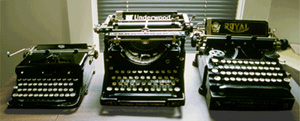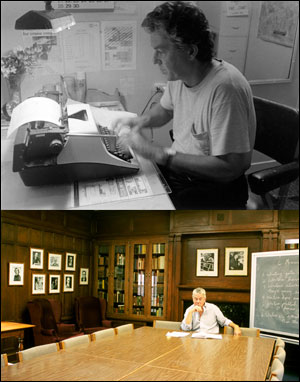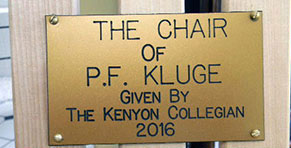My writing is primary and
my teaching has been post-secondary.
They don’t always play well together, that’s for sure. They make conflicting demands, they demand and insist, but, in the end, my writing and teaching always needed each other. And I needed them both. In the ten books I’ve written so far, and in hundreds of articles, my goal is the same goal that undergraduate writing students have: to make what matters to us matter to others, to make an audience of strangers care. We were always in it together, my students and I. You may be smart I told them, you may be smarter than I am. But I’ve been smart longer. We would share a laugh and then get back to work. Hard work.
In addition to teaching fiction writing, I offered courses in “The
American Novel Since 1950,”
my changing list of a dozen or so
novels, famous and obscure. The goal was for students to be sharp
readers, attentive to not only what a book says or means but how
it says it. I’ve also offered a single-author course, a dozen novels
by Graham Greene: a grueling journey but worth it.

Here’s a confession: I write everything in longhand first, in spiral notebooks, with lines that you write between. The lines are your friends, the empty pages are a challenge. Write every day and the pages add up. Usually, I write four or five pages a day. I stop at the bottom of the fourth (or fifth) page, even if it’s in mid-sentence. It takes about nineteen pencils or ballpoint pens to write a book. Not that you asked. But all this is foreplay. After I put down my pen, or pencil, I select one of my collection of manual typewriters. I own half a dozen such machines, proud products of long-dead companies, bearing names like Underwood, Royal, Smith-Corona. I find old typewriters–or they find me–and when I touch the keys, throw the carriage, I am the typewriter’s partner and, together, we connect with the century of writers who came before me. (And with a few of the writers who will follow, but that’s alright with me.) I love my typewriters. There’s a gent in a town fifteen miles south of where I live who can still find ribbons, replace parts, clean and oil the machines that he loves as much as I do. People keep pointing me to quicker, labor-saving devices that process words. No thanks, I tell them. I like my work the way it is. And, by the way, it comes in on time.

Writing is solitary, professing is public and social and political. But the writing also has a private, public and political occasion, as in these essays.
It came as a surprise. At the end-of-year party I give for Collegian editors and staffers, I was presented a chair in appreciation for my many years of advising a good newspaper. It's not an endowed chair, of the sort that Kenyon college awards deserving faculty members. But it means a lot to me. My thanks to the Collegian.







